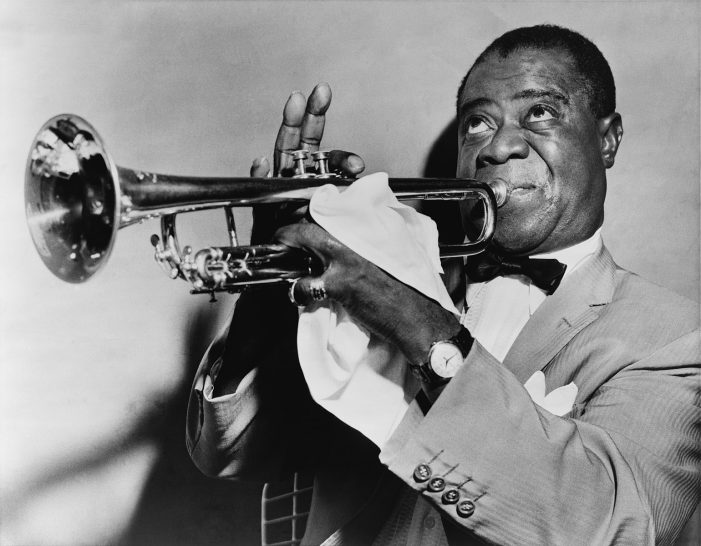The history of the music industry can be traced back to the invention of sound recording technology in the late 19th century. The first commercial recordings were made on wax cylinders, and later on flat discs, which allowed for mass production and distribution of recorded music.
The early 20th century saw the rise of popular music genres such as jazz, blues, and country, which were often performed and recorded by African American artists. However, due to racial segregation and discrimination, many of these artists faced limited opportunities for success and recognition in the mainstream music industry.
In the 1940s and 1950s, rock and roll emerged as a new and influential genre, with artists such as Elvis Presley and Chuck Berry achieving widespread popularity. The rise of radio and television also helped to popularize rock and roll and other genres, as well as provide platforms for live performances and music videos.
In the 1960s and 1970s, the music industry continued to evolve with the emergence of psychedelic rock, folk rock, and funk, among other genres. The 1980s saw the rise of MTV and the music video as a major promotional tool for artists and albums.
In the digital age, the music industry has faced new challenges and opportunities with the rise of digital music platforms such as iTunes, Spotify, and YouTube. While the industry has struggled to adapt to these changes, artists and musicians have continued to create and innovate, with new genres and styles emerging alongside new technologies and platforms.
Overall, the history of the music industry has been marked by technological innovation, cultural diversity, and the creativity and talent of countless musicians and artists

